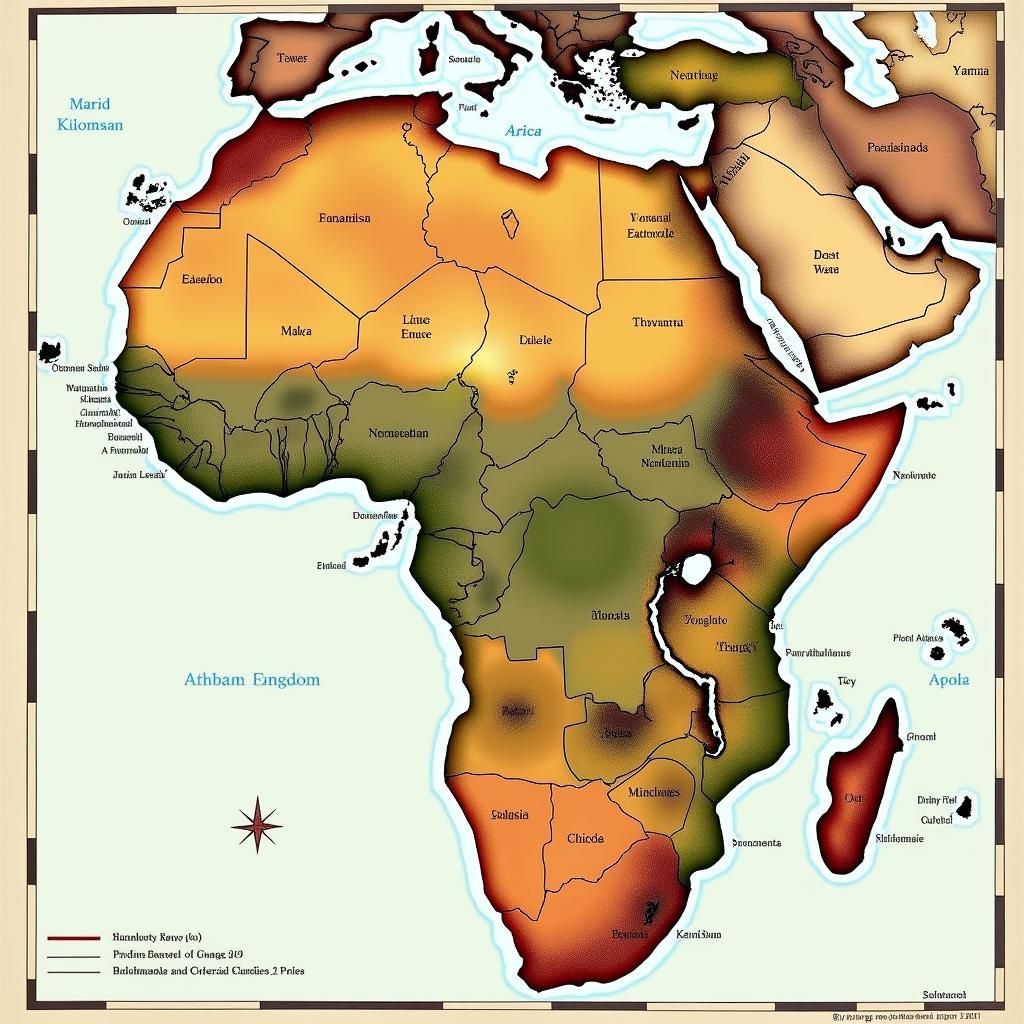African Dictators of the 20th Century: A Legacy of Power, Brutality, and Corruption
The 20th century in Africa witnessed a rise and fall of numerous dictators, who left a lasting impact on the continent’s political landscape, economic development, and social fabric. These strongmen, often driven by personal ambition, exerted absolute control over their nations, suppressing dissent, violating human rights, and enriching themselves at the expense of their people. While their legacies are often marked by violence, oppression, and economic stagnation, understanding their motivations and the circumstances that led to their rise is crucial for understanding the complexities of modern African history.
The Roots of Dictatorship in Africa
The emergence of dictators in Africa in the 20th century can be attributed to a complex interplay of factors. Post-colonial Africa inherited fragile political institutions, with weak democratic structures and a lack of established political traditions. The Cold War further fueled instability, as external powers sought to align themselves with different factions and often supported authoritarian regimes.
“The fragile state of Africa’s nascent democracies made them vulnerable to the ambitions of power-hungry individuals who sought to seize control and consolidate their authority.” – Dr. Amara N’Diaye, Professor of African Politics at the University of Dakar
Moreover, economic challenges, such as poverty, inequality, and dependence on foreign aid, contributed to the rise of strongmen who promised quick solutions and stability. The allure of a strong leader capable of restoring order and prosperity resonated with populations weary of political instability and economic hardships.
Notable African Dictators of the 20th Century
The 20th century saw a number of notorious dictators who left their mark on Africa. These include:
1. Idi Amin Dada (Uganda, 1971-1979)
Idi Amin Dada, often referred to as “Big Daddy”, was a military dictator who seized power in a coup d’état in 1971. His reign was characterized by brutality, human rights violations, and the expulsion of Ugandan Asians. The estimated death toll during his rule reached hundreds of thousands.
2. Mobutu Sese Seko (Zaire, 1965-1997)
Mobutu Sese Seko, a former army officer, rose to power in a coup and ruled Zaire for over 30 years. He established a dictatorial regime known for corruption, nepotism, and human rights abuses. Despite his autocratic rule, he managed to maintain a facade of stability in a region plagued by conflict and instability.
3. Jean-Bédel Bokassa (Central African Republic, 1966-1979)
Jean-Bédel Bokassa, a military general, established a brutal dictatorship in the Central African Republic. He declared himself Emperor Bokassa I and ruled with an iron fist, suppressing dissent and enriching himself through corruption and embezzlement. He was eventually overthrown in a coup and died in exile in 1996.
4. Samuel Doe (Liberia, 1980-1990)
Samuel Doe, a sergeant in the Liberian army, seized power in a bloody coup, marking the beginning of a period of political instability and violence in Liberia. His regime was characterized by corruption, nepotism, and human rights abuses. He was eventually captured and executed during a civil war in 1990.
The Legacy of African Dictators
The legacy of these dictators remains a complex and contentious topic in African history. While their rule brought periods of stability and economic growth in some cases, their brutal methods and policies inflicted lasting damage on their respective nations. They undermined democratic institutions, stifled economic development, and left behind a legacy of violence, corruption, and political instability.
“The legacies of African dictators are a sobering reminder of the dangers of unchecked power and the importance of establishing robust democratic institutions.” – Dr. Amina Mohamed, Former Foreign Minister of Kenya
Moving Forward
The challenges of dealing with the legacies of dictatorships in Africa are multifaceted. Countries still grapple with rebuilding democratic institutions, promoting human rights, and fostering economic growth. The continent must continue to address the root causes of authoritarianism and work towards creating a more inclusive and just society for all.
FAQs
1. What were the main reasons for the rise of dictators in Africa?
The rise of dictators in Africa can be attributed to several factors, including weak democratic institutions, post-colonial instability, Cold War politics, and economic challenges.
2. What were the main consequences of dictatorial rule in Africa?
Dictatorial rule in Africa led to widespread human rights abuses, economic stagnation, and political instability. It also undermined democratic institutions and prevented the development of a strong civil society.
3. How can Africa move forward from the legacies of dictatorship?
Africa can move forward by strengthening democratic institutions, promoting human rights, fostering economic growth, and addressing the root causes of authoritarianism.
4. Are there any positive lessons that can be learned from the experiences of African dictatorships?
The experiences of African dictatorships provide valuable lessons about the importance of democratic principles, the dangers of unchecked power, and the need for strong institutions that protect human rights and promote accountability.
5. What are some of the challenges facing Africa in moving forward from the legacies of dictatorship?
Africa faces a number of challenges, including rebuilding democratic institutions, addressing widespread poverty and inequality, and promoting reconciliation and healing after periods of violence and conflict.


